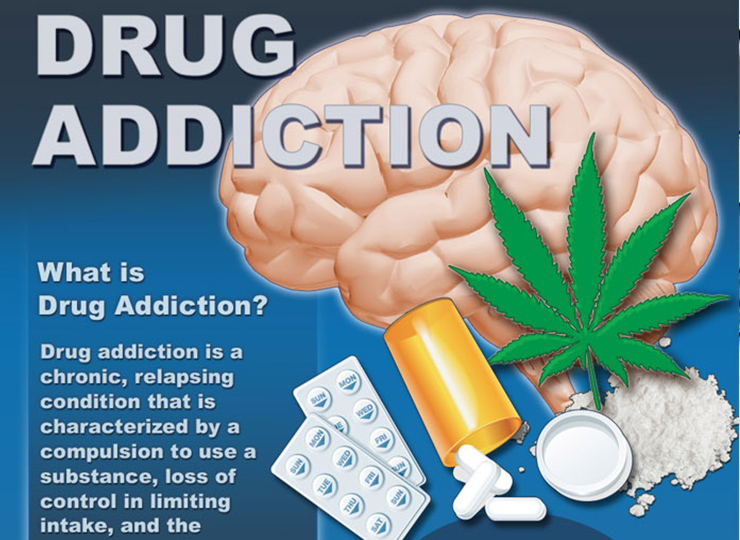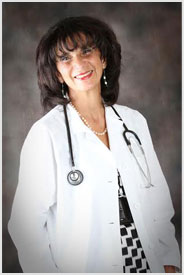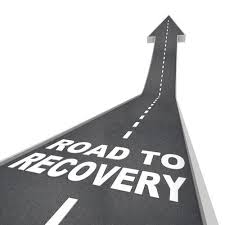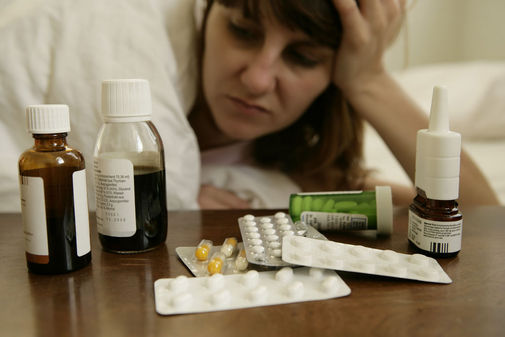Personalized treatment for dual diagnosis

Personalized treatment for dual diagnosis can also be done naturally
Personalized treatment for dual diagnosis: Mental health treatment solutions
People with dual disorders who want to engage in the personalized treatment systems tailored at addressing the real problem often have serious challenges and so quite frequently encounter several treatment systems with each having its own strengths and weaknesses. These treatment systems have different clinical approaches.
Personalized treatment for dual diagnosis: The mental health system
Actually, there is no single mental health system, although most States have a set of public mental health centers. Rather, mental health services are provided by a variety of mental health professionals including psychiatrists; psychologists; clinical social workers; clinical nurse specialists; other therapists and counselors including marriage, family, and child counselors (MFCCs); and paraprofessionals.
This mental health personnel works in a variety of settings, using a variety of theories about the treatment of specific psychiatric disorders. Different types of mental health professionals, for example, social workers, and MFCCs have differing perspectives; moreover, practitioners within a given group often use different approaches.
A major strength of the mental health system is the comprehensive array of services offered, including counseling, case management, partial hospitalization, inpatient treatment, vocational rehabilitation, and a variety of residential programs. The mental health system has a relatively large variety of treatment settings. These settings are designed to provide treatment services for patients with acute, sub-acute, and long-term symptoms.
- Acute services are provided by personnel in emergency rooms and hospital units of several types and by crisis-line personnel, outreach teams, and mental health law commitment specialists.
- Sub-acute services are provided by hospitals, day treatment programs, mental health center programs, and several types of individual practitioners.
- Long-term settings include mental health centers, residential units, and practitioners’ offices.
- Clinicians vary with regard to academic degrees, styles, expertise, and training.
- The strength of the mental health system is the growing recognition at all system levels of the role of case management as a means to individualize and coordinate services and secures entitlements.
Medication is more often used in psychiatric treatment than in addiction treatment, especially for severe disorders. Medications used to treat psychiatric symptoms include psychoactive and nonpsychoactive medications. Psychoactive medications cause an acute change in mood, thinking, or behavior, such as sedation, stimulation, or euphoria.
Psychoactive medications (such as benzodiazepines) prescribed to the average patient with psychiatric problems are generally taken in an appropriate fashion and pose little or no risk of abuse or addiction. In contrast, the use of psychoactive medications by patients with a personal or family history of alcohol and other drugs (AOD) use disorder is associated with a high risk of abuse or addiction.
Some medications used in psychiatry that have mild psychoactive effects (such as some tricyclic antidepressants with mild sedative effects) appear to be misused more by patients with an AOD disorder than by others. Thus, a potential pitfall is prescribing psychoactive medications to a patient with psychiatric problems without first determining whether the individual also has an AOD use disorder.
While most clinicians in the mental health system generally have expertise in a biopsychosocial approach to the identification, diagnosis, and treatment of psychiatric disorders, some lack similar skills and knowledge about the specific drugs of abuse, the biopsychosocial processes of abuse and addiction, and AOD treatment, recovery, and relapse. Similarly, AOD treatment professionals may have a thorough understanding of AOD abuse treatment but not psychiatric treatment. That is why doctor Dalal Akoury made a decision to create a medical center (AWAREmed Health and Wellness Resource Center) whose main objective is to transform each individual’s life through increasing awareness about health and wellness and by empowering individuals to find their own inner healing power. Dr. Akoury’s practice focuses on personalized medicine through healthy lifestyle choices that deal with primary prevention and underlying causes instead of patching up symptoms. You can call her on telephone number 843 213 1480 for the completeness of your treatment.
Personalized treatment for dual diagnosis: Mental health treatment solutions








